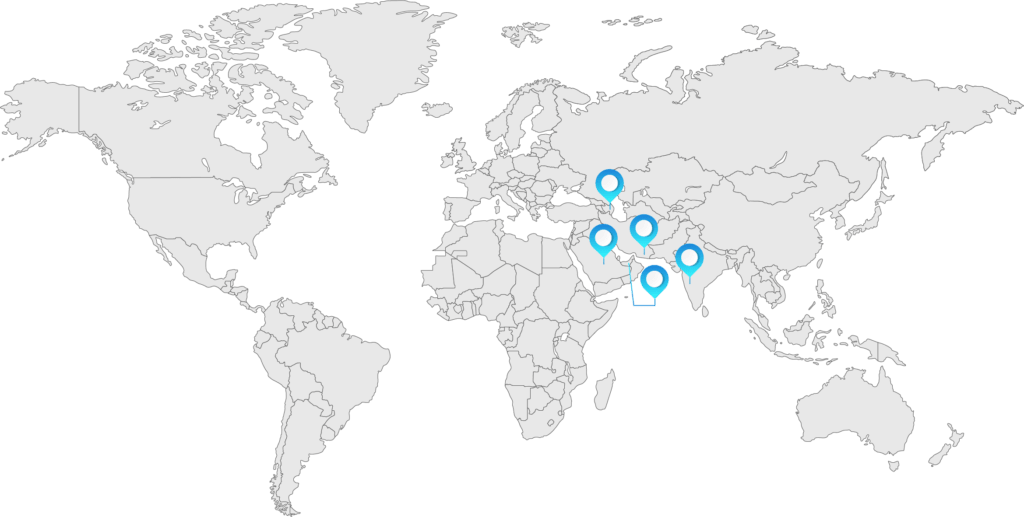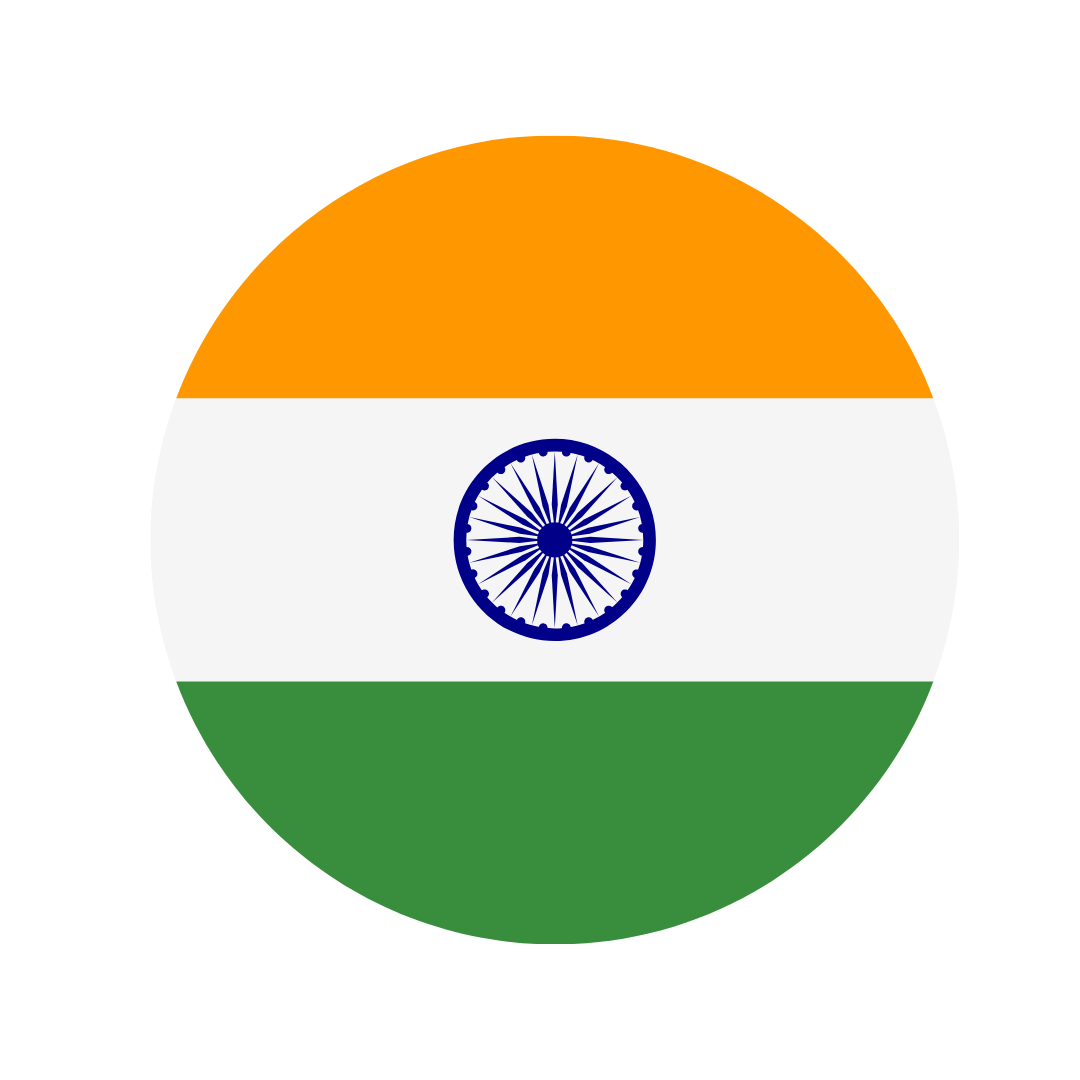MBBS in Philippines
About MBBS in Philippines
High quality education, safe and conducive environment and affordable fee structure and other associated expenses are one of the primary reasons for international students to opt for higher education in the country. Apart from these, with a degree of the educational institutes in this country, you can explore job opportunities in different countries in the world. Medium of instruction for these courses is only English. Academic calendar begins in June and extends till March. A year comprises of two semesters, one from June to October and the other from November to March.
Philippines is very growing economy of the world with great advancements in technology and medical sciences. It is becoming a hub for medical studies for international students and every year hundreds of students are coming to study MBBS in Philippines. There was a time when more and more Indian students were attracted to China, Ukraine and Russian for medical studies overseas at affordable cost, but now Philippines is becoming more popular due to better opportunities. These are the reason to explain it in detail:

Dream Destination

Advantages of MBBS in Philippines
- Cost effective of medical studies in the country
- Fairly lower cost of living and other expenses
- Language is major advantage as it an English speaking nation
- Medical Education here is also available in English
- Leading provider of medial nurses and doctors to Western Countries
- Great chances to get settled aboard in Western Countries
- Good climate and weather conditions due to coastal borders
- High quality of medical education at reasonable cost
- Friendly environment for Indian Students
- All Medical colleges are approved by WHO and MCI
- Philippine Medical Colleges are among top 200 of the world
- International Exposure to students in a cosmopolitan culture
- No need to give IELTS or TOEFL Tests
- Easy availability of Indian food all over
- Easy to adjust environment for students with a homely feeling
Universities
- AMA college of Medicine
- Davao Medical School
- University of the Visayas
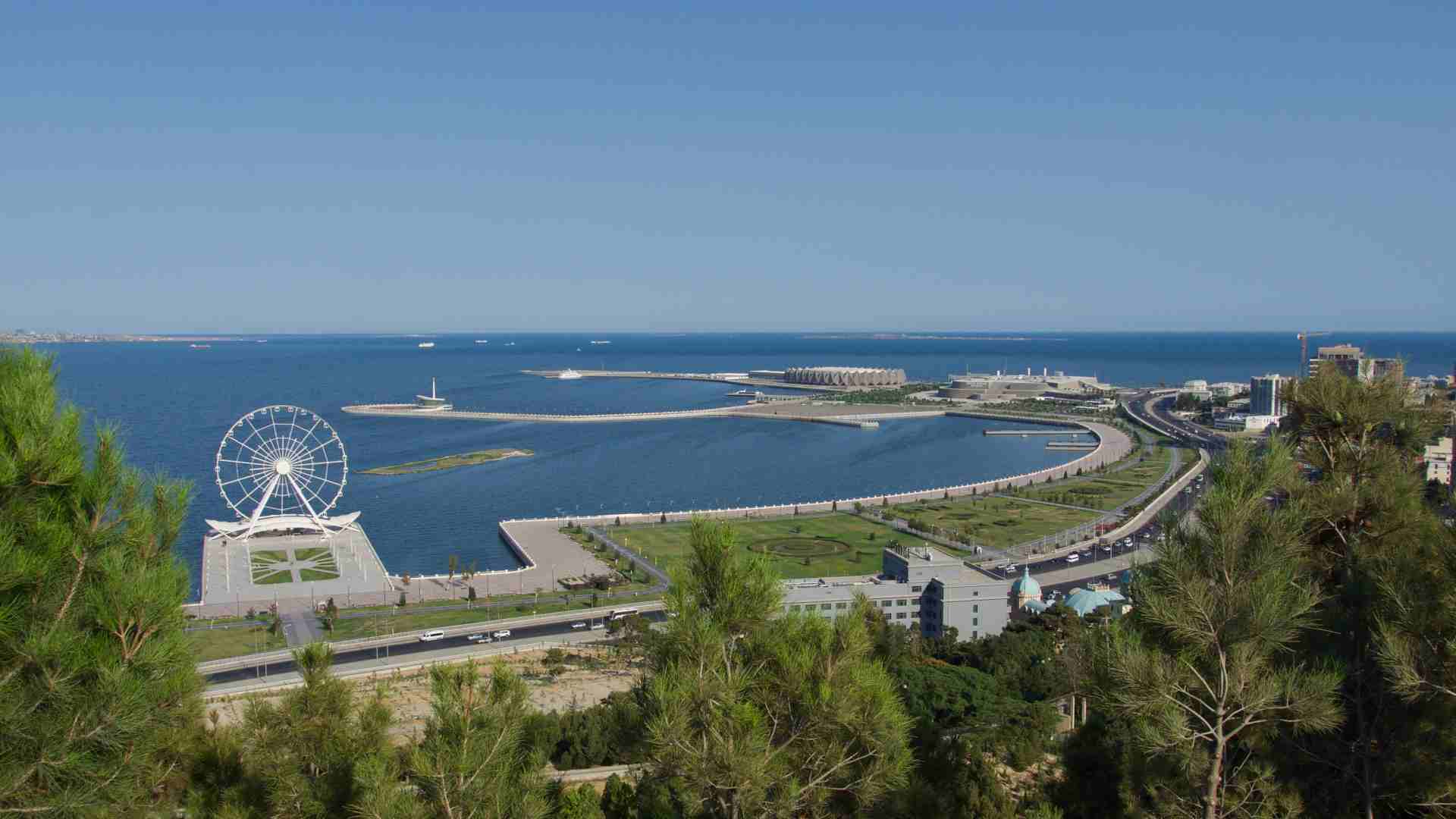
STUDY MBBS in PHILIPPINES
If you’re considering studying MBBS (Bachelor of Medicine and Bachelor of Surgery) in the Philippines, there are several factors you should keep in mind.
Accreditation: Before enrolling in any medical program, it’s important to ensure that the institution and its program are accredited by the relevant governing bodies. In the Philippines, the Commission on Higher Education (CHED) is responsible for accrediting higher education institutions and their programs.
Curriculum: The curriculum of MBBS programs in the Philippines may differ from those in other countries, so it’s important to research the specifics of the program you’re interested in. You should also consider whether the program covers the topics and skills you’re interested in learning.
Language: English is one of the official languages of the Philippines, and many MBBS programs are taught in English. However, you may want to check if the institution requires any language proficiency tests or if they offer language support services.
Cost: Tuition fees for MBBS programs in the Philippines can vary widely, so you should research the costs associated with the program you’re interested in. You should also consider additional expenses, such as accommodation, food, and transportation.
Location: The Philippines is a large and diverse country, so you may want to consider the location of the institution you’re interested in. Some factors to consider include the climate, culture, and access to medical facilities for practical training.
Overall, studying MBBS in the Philippines can be a rewarding experience, but it’s important to do your research and carefully consider your options before making a decision.
PHILIPPINES MBBS FOR INDIAN STUDENTS
If you’re an Indian student considering pursuing an MBBS degree in the Philippines, there are some important things you should know.
Recognition: The Medical Council of India (MCI) recognizes some medical schools in the Philippines, which means that Indian students who complete their MBBS in those schools may be eligible to take the Foreign Medical Graduate Examination (FMGE) in India. It’s important to verify if the school you’re interested in is recognized by the MCI.
Language: English is widely spoken in the Philippines, and many medical schools offer instruction in English. However, it’s important to check the language requirements for the specific school you’re interested in.
Curriculum: The MBBS curriculum in the Philippines may differ from that in India, so it’s important to research the specific program you’re interested in and ensure that it covers the topics and skills you’re interested in learning.
Cost: The cost of MBBS programs in the Philippines can vary widely, so it’s important to research the costs associated with the specific school you’re interested in. In addition to tuition fees, you should also consider other expenses such as accommodation, food, and transportation.
Location: The Philippines is a large and diverse country, so it’s important to consider the location of the school you’re interested in. Some factors to consider include the climate, culture, and access to medical facilities for practical training.
MBBS IN THE PHILIPPINES DURATION
The duration of an MBBS program in the Philippines typically lasts for 5-6 years. This duration can vary depending on the specific program and the institution offering it.
The first 4 years of the MBBS program in the Philippines usually consist of classroom instruction and laboratory work, covering subjects such as Anatomy, Physiology, Biochemistry, Pharmacology, Microbiology, Pathology, and more. In addition, students may also participate in clinical rotations and practical training in hospitals and other medical facilities.
The final year of the program usually consists of clinical clerkship, where students gain hands-on experience in different medical specialties, such as Surgery, Pediatrics, Obstetrics and Gynecology, Internal Medicine, and more. During this time, students work alongside licensed physicians and receive practical training in diagnosis, treatment, and patient care.
Overall, the duration of an MBBS program in the Philippines can provide students with a well-rounded education in medicine and prepare them for a career in healthcare.
PHILIPINE MBBS FEES STRUTURE
|
University
|
Tuition and Fees (Approx.)
|
|---|---|
|
University of Santo Tomas
|
Rs. 16,00,000 to Rs. 20,00,000 per year
|
|
University of the Philippines Manila
|
Rs. 10,00,000 to Rs. 12,00,000 per year
|
|
Ateneo de Manila University
|
Rs. 16,00,000 to Rs. 20,00,000 per year
|
|
De La Salle Medical and Health Sciences Institute
|
Rs. 12,00,000 to Rs. 15,00,000 per year
|
|
Cebu Doctors' University College of Medicine
|
Rs. 9,00,000 to Rs. 11,00,000 per year
|
|
Far Eastern University - Nicanor Reyes Medical Foundation
|
Rs. 9,00,000 to Rs. 11,00,000 per year
|
|
University of Perpetual Help System DALTA
|
Rs. 9,00,000 to Rs. 11,00,000 per year
|
|
Our Lady of Fatima University
|
Rs. 9,00,000 to Rs. 11,00,000 per year
|
|
Manila Central University
|
Rs. 8,00,000 to Rs. 10,00,000 per year
|
|
Southwestern University PHINMA
|
Rs. 8,00,000 to Rs. 10,00,000 per year
|
MBBS Study Destinations

MBBS in Azerbaijan
Show Details
MBBS in Canada
Show Details
MBBS in Australia
Show Details
MBBS in Russia
Show Details
MBBS in Georgia
Show Details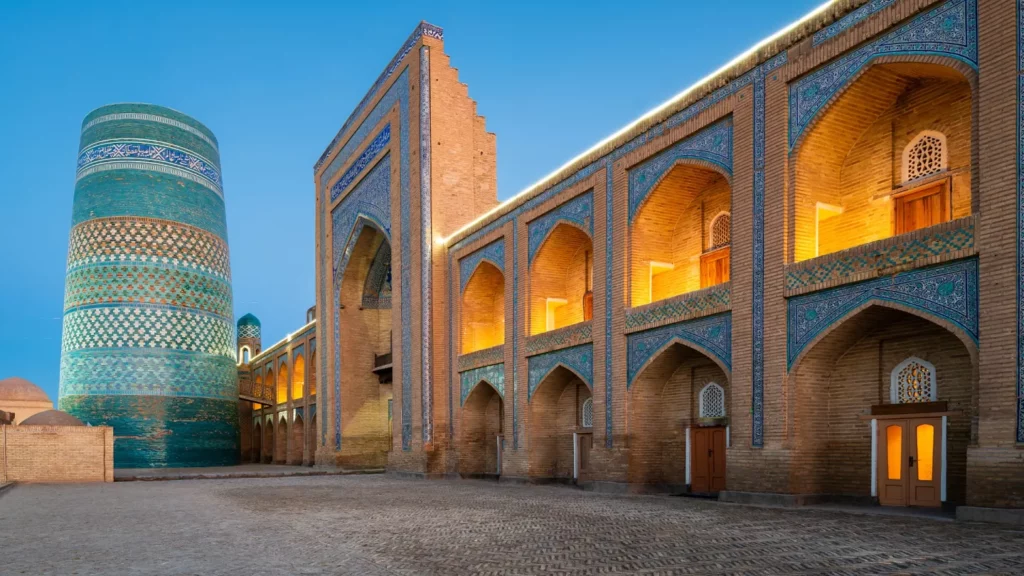
MBBS in Uzbekistan
Show Details
MBBS in Kazakhstan
Show Details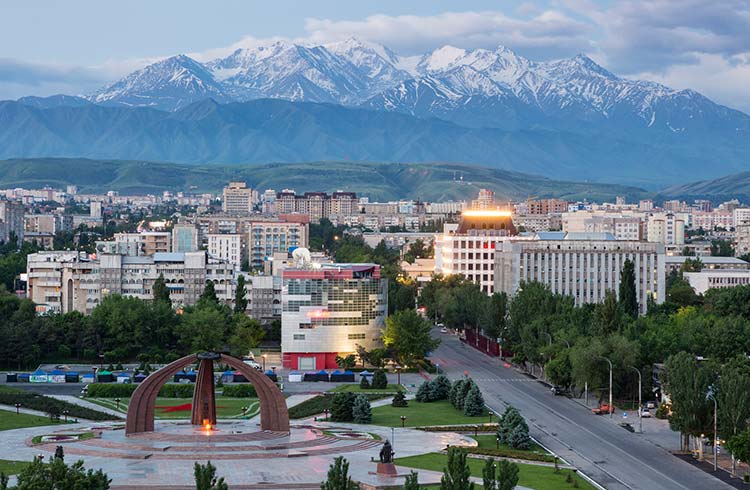
MBBS in Kyrgystan
Show Details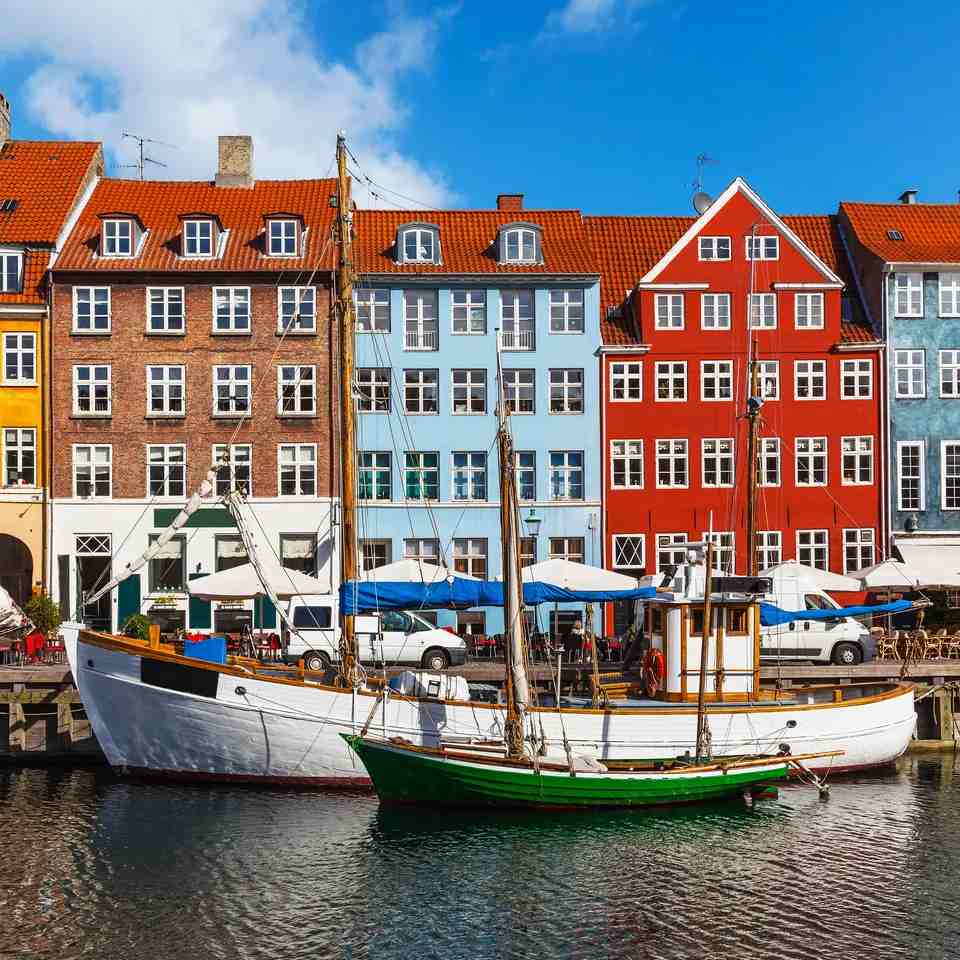
MBBS in Europe
Show DetailsFAQ
Most frequent questions and answers
One advantage of studying MBBS (Bachelor of Medicine and Bachelor of Surgery) in the Philippines is that the country has a long history of providing quality medical education. Many medical schools in the Philippines are recognized by international organizations such as the World Health Organization (WHO) and the Medical Council of India (MCI).
the Philippines is known for its high standard of medical education, with a curriculum that is similar to that of the United States. The medium of instruction in most medical schools in the Philippines is English, making it a popular destination for international students from countries where English is not the first language.
Another advantage of studying MBBS in the Philippines is that the cost of education is relatively lower compared to other countries such as the United States, Canada, and the United Kingdom. Tuition fees and living expenses are affordable, making it an attractive option for students who are looking for quality education at a reasonable cost.
- Accreditation: It’s important to ensure that the university and program you choose are accredited by the relevant regulatory bodies in the Philippines, such as the Commission on Higher Education (CHED) and the Philippine Accrediting Association of Schools, Colleges, and Universities (PAASCU).
- Quality of education: The quality of education offered by different universities can vary. It’s important to research the faculty, curriculum, clinical exposure, and facilities offered by the university to ensure that you receive a good education.
- Language proficiency: The primary language of instruction in the Philippines is English. If you’re not comfortable with the language, you may struggle to keep up with the coursework and clinical practice.
- Cost: Pursuing an MBBS degree can be expensive. You need to factor in tuition fees, accommodation, living expenses, and travel costs. It’s important to research the cost of living in the Philippines and compare it with other countries offering MBBS degrees.
- Recognition: Some countries may not recognize MBBS degrees from the Philippines, and you may need to pass additional exams or undergo further training to practice medicine in those countries.
Documents Required for MBBS Admission in the Philippines 2023-24
- Educational Qualification: Students must have completed their 10+2 or equivalent education from a recognized board or university with a minimum of 50% marks in Physics, Chemistry, and Biology.
- Entrance Exam: Students need to clear the National Medical Admission Test (NMAT) with a good score. This exam is mandatory for all students, including those from abroad.
- English Proficiency: Students must be proficient in the English language. They need to provide proof of English proficiency through tests such as TOEFL or IELTS. Minimum score requirements may vary depending on the university.
- Age Limit: The minimum age to apply for MBBS in the Philippines is 17 years, and the maximum age is 30 years.
- Health Certificate: Students must provide a health certificate stating that they are fit to pursue a medical course.
- Passport and Visa: International students need to have a valid passport and student visa to study in the Philippines.
- Other Documents: Other documents required for admission may include a birth certificate, academic transcripts, recommendation letters, and a personal statement.
Yes, a medical degree awarded by Philippines medical universities is recognized by the Medical Council of India (MCI).
2.5 Lakhs to 25 Lakhs per year, the cost of living is approximately Rs. 10,000 – 15,000 per month.
The Philippines is considered to be the safest country for International students.

